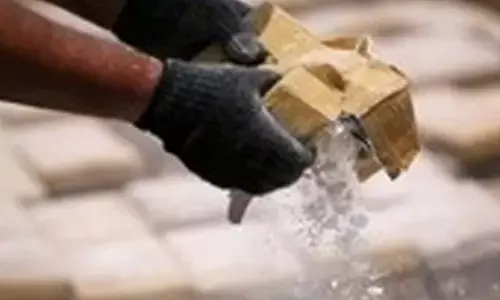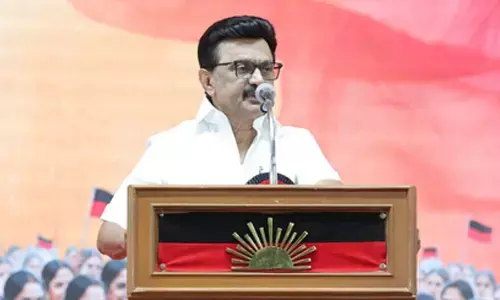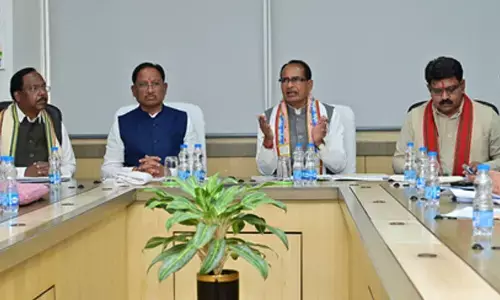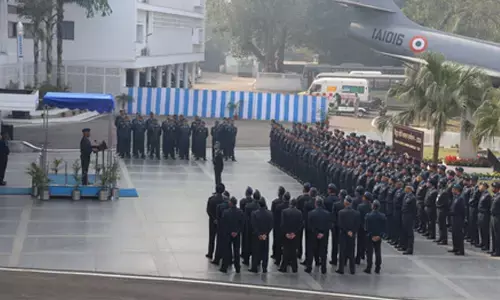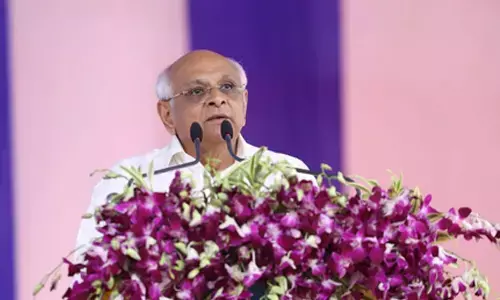Understanding Jallikattu
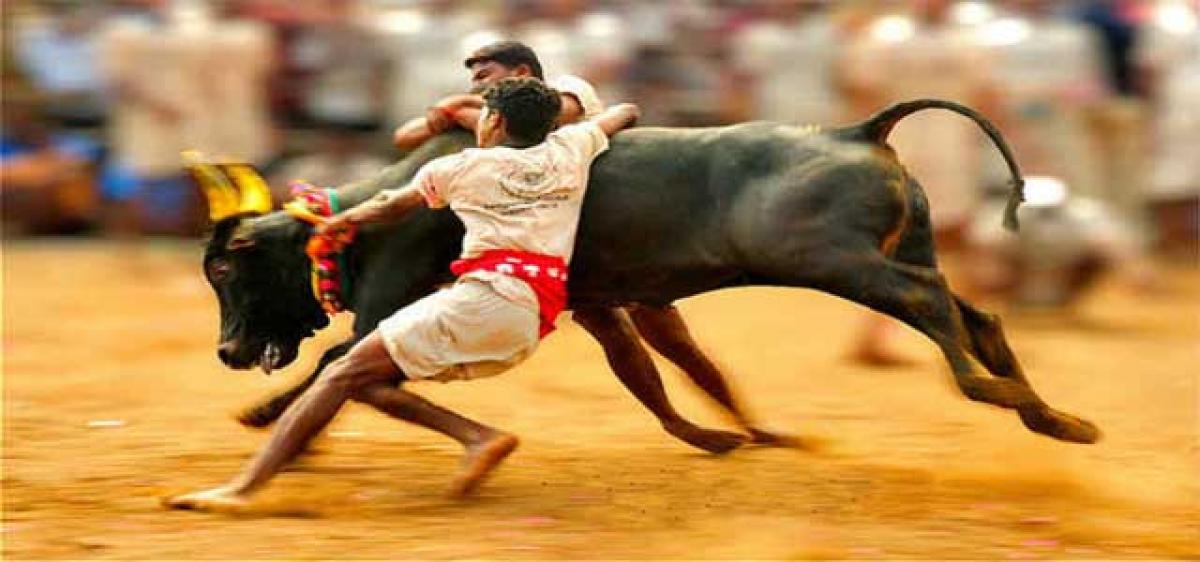
A Large number of youth from Tamil Nadu has taken it on their shoulders to revive Jalikattu in the state.
A Large number of youth from Tamil Nadu has taken it on their shoulders to revive Jalikattu in the state.
Their peaceful protest has turned eyes of not just national media but also international media. It has forced the Tamil Nadu government to pass an ordinance supporting Jalikattu.
As the issue has grabbed a lot of attention UPSC might ask a question regarding it in either Prelims or Mains.
What is Jallikattu?
- "Jallikattu" is a rural sport of taming bulls practised in south Tamil Nadu as a part of Pongal celebrations on "MattuPongal" day. The sport is ancient. Sangam literature (2nd BCE – 2nd CE), has many detailed references to EruThazhuvuthal(hugging the bull).
- It is derived from the words ‘calli’ (coins) and ‘kattu’ (tie), which means a bundle of coins is tied to the bull’s horns. In older times, the tamer sought to remove this bundle from the animal’s head to win gold or silver.
- Participants tackle the bull in an arena by its hump and try to hand on till they cross the finishing line. They would be called ‘brave’ and ‘valourous’ and would also sometimes be rewarded with a bride.
- Jallikattu is popular in the districts of Madurai, Tiruchirapalli, Theni, Pudukottal and Dindigul. This region is also known as the jallikattu belt.
Syllabus: GS Paper - I
|
Background
MoEF issued a notification in 2011 which banned the use of bulls as performing animals, thereby banning jallikattu, bull fights and bull races. But this did not put an end to the event.
- Year after year, court guidelines or laws were violated during jallikattu and bull races, and in some instances some bulls suffered painfully and died. Participants also received injuries many times.
- The Supreme Court in Animal Welfare Board vs. Nagaraj had declared jallikattu to be illegal, being violative of the Prevention of Cruelty to Animals Act, 1960, which prohibits causing pain and suffering to animals, and is contravention to the constitutional duty of treating animals with compassion, Article 51 (g).Supreme Court said that the use of bulls in such events severely harmed the animals. The Court held that all living creatures, including animals, have inherent dignity and rights to live peacefully and protect their well-being. Supreme Court also denied central government to allow use of bulls by amending the list of animals prohibited from being trained for performances.Supreme Court also struck down the Tamil Nadu state law that permitted jallikattu. It also reiterated the expansive reading it had given in the past, to Article 21 (Right to Life), which prohibits any disturbance to the environment, including animals, considered essential for human life. The court also exhaustively cited international rights jurisprudence to stress the need to correct anthropocentric views and the fact that animals too have the right to live dignified lives.
- The Central Government passed a notification on January 7, 2016 permitting jallikattu, subjecting it to some conditions.
- Animal Welfare Board of India, PETA and other petitioners challenged the notification in Court.
- The Supreme Court stayed the Centre’s notification allowing jallikattu and the ban resumed.
Arguments for Jallikattu
- It is a traditional festival in states like Tamil Nadu and people had a fundamental right to perpetuate the tradition.
- The right to conduct jallikattu is part of the right to freedom of religion enshrined under Article 25 of the Constitution of India.
- Banning jallikattu will decimate India’s indigenous cattle breeds as many breeds are on the verge of extinction. Unless there is an engagement with the traditional livestock keepers, many cattle breeds will give way to commercial dairies and slaughter houses.
- The Convention on Biological Diversity (CBD) supports traditional practices to keep the chain intact and thus enable conservation of native breeds.
- The time a bull spends engaged in the sport is less than 30 seconds. If required, rules can be implemented to enhance the safety of the animals and men if required.
Arguments against Jallikattu
- The Supreme Court held that the tradition cannot be a ground to allow jallikattu because child marriage was also a tradition in India which is now banned.
- Activists say that before being sent to the arena, bulls are tortured, starved, administered alcohol and inflicted with pain to make them violent. As a result, the bulls suffer from severe forms of physical and mental injuries and death.
- During races, bulls are often hit with nail-studded sticks. They are punched, jumped on, and dragged to the ground.
- There cannot be blind adherence to tradition which involves harm to animals. Jallikattu sport cannot be the only means to preserve the cattle breeds. Other mechanisms should be created to preserve the cattle breeds.
SC noted that the penalties for cruelty to animals under the Prevention of Cruelty to Animals Act 1960 are weak and that the act requires an update.
The AWBI had formulated a draft Animal Welfare Act, 2011 to strengthen the law but this draft is yet to be passed.
The draft should be made into legislation and must be enforced immediately. Owners of bulls trained for the sport must be well compensated so that the animals are not sent for slaughter.









